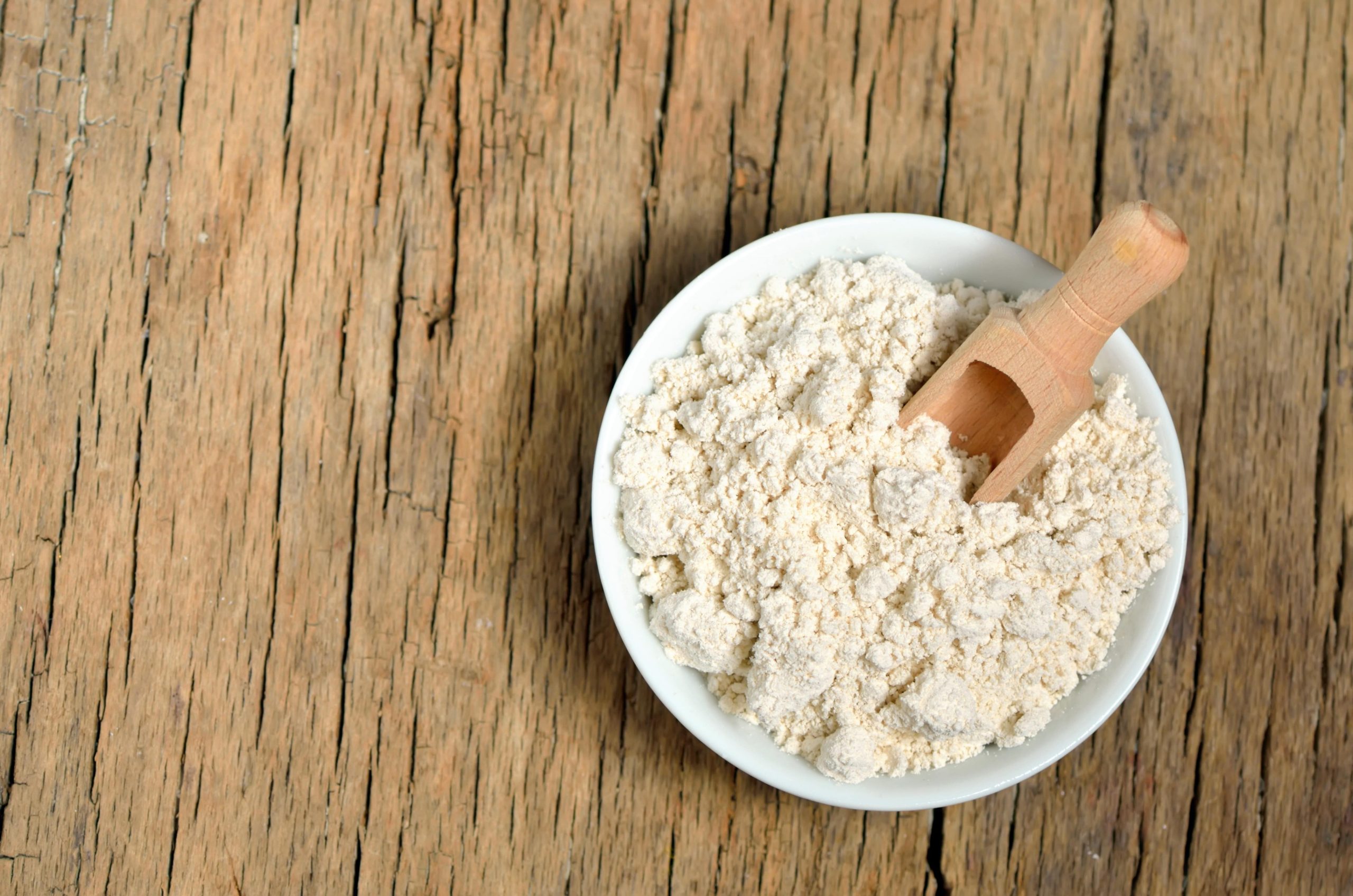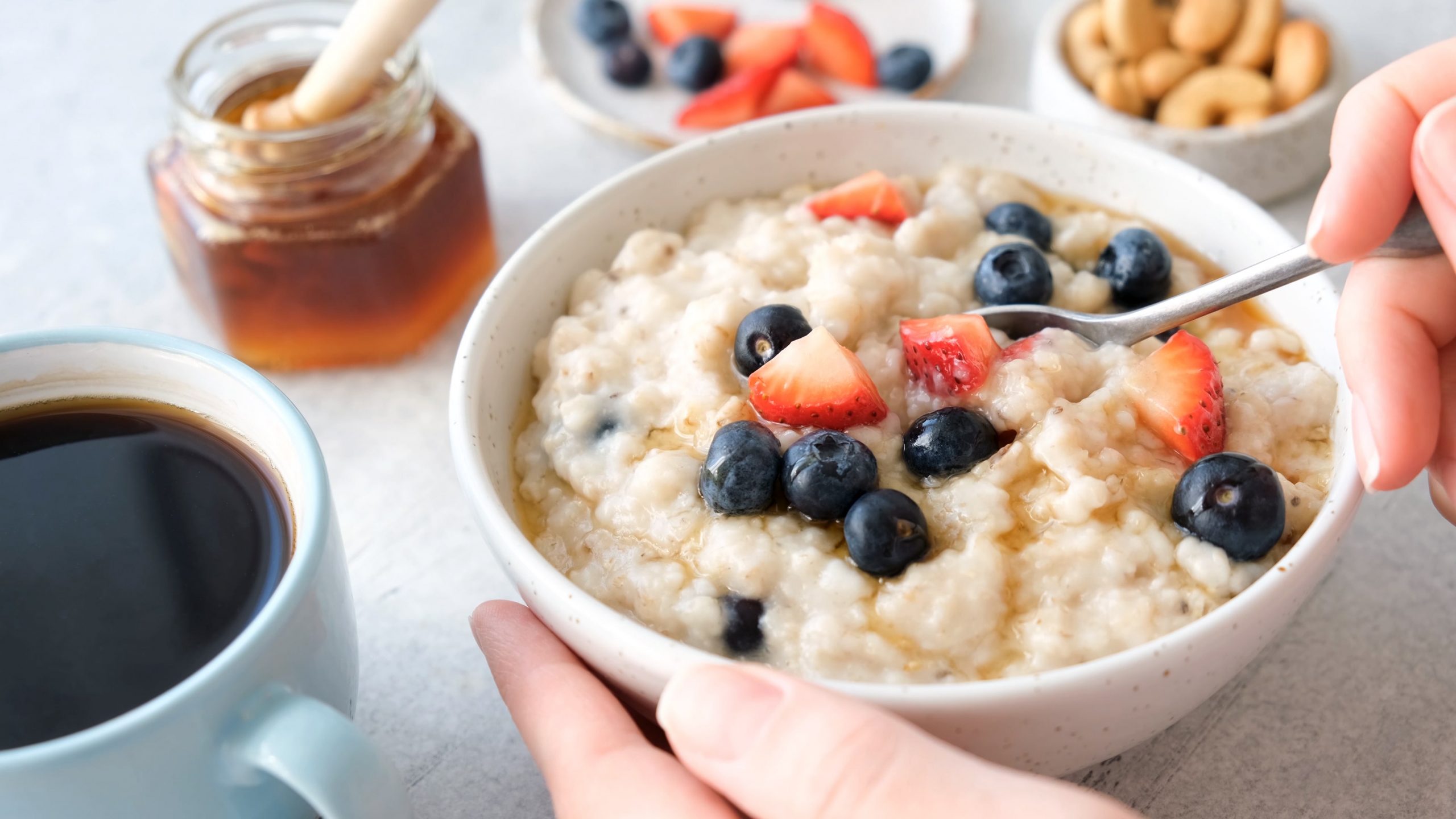Cereals and grains are used in nearly every food you eat. Wheat, barley, spelt, or oats – can be made into different forms to fit in a particular recipe. Oat can be used to make a variety of foods, but oatmeal is the most common.
Oatmeal, besides from being eaten, can be made into a medicine, called colloidal oatmeal. You may have found yourself at a dermatologist’s desk or trying to make some home remedies, because you couldn’t tolerate that dry, itchy skin any more. If that is the case, then you may have been told to try colloidal oatmeal to solve your problem. This article explains what colloidal oatmeal is and whether it can help with skin problem.
What Is Colloidal Oatmeal?
For several years, people have been using colloidal oatmeal to treat dry, irritated, or itchy skin. It is used as a natural ingredient in many cosmetic products, such as shampoos, shaving creams, and moisturizers. Oat, or Avena sativa, has many uses. For one, its grains can be ground into a fine powder to make colloidal oatmeal. It is said to be an emollient, meaning that it can soften or soothe your skin. This is because it is loaded with vitamins, proteins, fats, minerals, among other beneficial nutrients for the skin. According to PubMed, the Food and Drug Association (FDA) officially listed colloidal oatmeal as one of the skin salves in 2003.
Colloidal oatmeal is also high in compounds with potent anti-inflammatory and antioxidant properties that help protect your skin. Antioxidants are stable compounds that are able to neutralize free radicals and prevent your cells from damages caused by them. Oxidative stress, which is an imbalance between antioxidants and free radicals can lead to several chronic conditions, including diabetes, heart diseases, cancer, inflammation, as well as skin diseases like dermatitis. Oxidative stress can also lead to increased aging that presents with loss of skin elasticity and moisture. Study results suggests that the properties and chemical component in colloidal oatmeal can reduce cytokines, which are a type of protein that mediate inflammation in your body. All these properties are attributed to avenanthramide, which are chemicals found in the kernels of oat. Avenanthramides can inhibit inflammatory cytokines, thus interfering with the progression of inflammation. That said, avenanthramides are not only beneficial for your skin in the colloidal oatmeal, but also for the heart health that comes with eating oatmeal.
How To Use Colloidal Oatmeal
Colloidal oatmeal is used to manage symptoms of several diseases, including eczema. Eczema, or dermatitis refers to a group of skin conditions that presents with symptoms like scaling, itchiness, and patches. It can be caused by various things, such as stress, irritants, and allergies. Eczema affects both children and adults in the same magnitude. Colloidal oatmeal that is made into lotion or baths, can be used as an alternative treatment. Several studies have also shown that colloidal oatmeal can soothe and prevent skin dryness or irritation that is caused by radiation therapies for cancer. Another severe form of dry skin called xerosis can be treated using colloidal oatmeal. Xerosis is a common problem in older adults, people who have been exposed to harsh chemicals, and also in colder months during winter. Studies also indicate that it can result from a comorbid condition or as an adverse effect of certain medications. Moisturizing properties in moisturizers made with colloidal oatmeal can benefit people with xerosis. Studies indicate that even people without this skin condition can also benefit greatly. What’s more, colloidal oatmeal may help treat itching associated with chickenpox or burns. In these cases, colloidal oatmeal is often used alongside antihistamines. It is worth mentioning that serious burns should be handled promptly by medical professional to minimize chances of infections and avoid complications such as hypovolemia, renal failure, or even death.
In addition to the compounds and antioxidant property, colloidal oatmeal packs starches and beta-glucans. These can be found naturally in oats. They function by holding and retaining water, which improves the moisturizing properties of oats. Colloidal oatmeal is also loaded with polysaccharides, which have water-binding properties. They also contain powerful compounds called hydrocolloids. These two compounds prevent the skin from losing too much water.
Colloidal oatmeal can also benefit your health in other ways. They can act as buffering agent, which helps maintain the skin’s normal pH. Studies have found that they have antiviral properties, which can help treat rashes caused by molluscum contagious. Additionally, they can help treat allergic reactions by reducing the rate at which mast cells release histamine. Lastly, colloidal oatmeal contains saponins, which have soapy-like properties that can help cleanse the skin.
Is Colloidal Oatmeal Safe?
Colloidal oatmeal has been found to be generally safe for use. In fact, the United States’ FDA declared it safe and effective for treatments. Given that oatmeal contains a variety of compounds, it is possible for a person to develop allergic reactions to these compounds. In many cases, allergic reactions caused by oatmeal use can present with redness, swelling, and itchiness. If you experience these symptoms, you need to wash your skin thoroughly with running water and soap and stop using the product containing colloidal oatmeal. Oatmeal products like baths can be used safely in children, so long as your child has no allergic reaction to topical oatmeal. It would be best to do a “patch test” on your child before trying the oatmeal bath. You can do this by applying a dissolved colloidal oatmeal on a small area of the skin, such as sides of thighs or back of the hand.
Products that Contain Colloidal Oatmeal
Many cosmetic products contain oatmeal and they can be used to cleanse, protect, or moisturize the skin. They may include face masks, face washes, face scrubs, shaving gels, bath products, lotions, skin scrubs, and moisturizers.
Conclusion
Colloidal oatmeal has been used for a long time to treat skin itchiness, dryness, and irritations. It is made by mixing fine powdered oat grains into cosmetic products. Several studies indicate that colloidal oatmeal possesses anti-inflammatory and antioxidant properties enables it to treat various skin conditions like eczema and chickenpox.
- Everything You Need to Know About Pancreatitis - April 19, 2024
- NOVICA: A Journey of Empowerment and Cultural Preservation - July 29, 2023
- BocaHeal: Empowering Your Journey to Optimal Health - June 10, 2023







